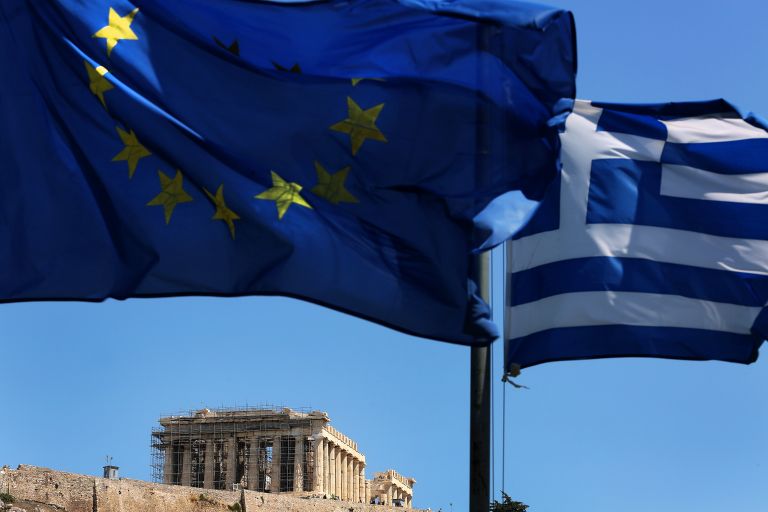The new government undoubtedly renewed expectations for the improvement of economic conditions and created a suitable environment for more rapid growth.
By all accounts the economic climate improved after the 7 July general elections.
The first moves of the new government, especially following through on its pledge of tax cuts, bolstered hopes of an economic recovery.
The PM’s personal campaign to make Greece more extroverted and his trips abroad which aimed at luring foreign investment created the sense that something big could happen on the investment front.
As time passes, however, one sees that expectations and the good climate are helpful but do not suffice to bring the desired economic take-off.
For the time being there are no results that are concrete and able to shape a current of investment and major progress.
Obviously it will take time and adequate forces to jump-start an economy battered by a decade-long crisis.
For now major players are observing and evaluating the situation but are not yet prepared to attempt the necessary leap or to easily assume the required risk.
Those who have been closely observing economic developments note that something is lacking in the plan to jump-start the economy.
They say that the mix of economic policy has essentially not changed and continues along the lines set by former finance minister Euclid Tsakalotos and ex-alternate minister Yorgos Houliarakis.
Greece is fiscally bound by the previous government’s policy of overreaching primary surplus target in order to redistribute the amount that exceeds targets.
The new government has opted for a policy of benefits and transfer payments and is not using any of the fiscal space on public investment that could bolster the weak economy and make it more robust.
One might say that economic policy planners lack inspiration, imagination, and a differentiation which could contribute to exploiting the climate and the atmosphere of great expectations.
An independent observer feels that those who are setting economic policy are overly conservative and are more interested in protecting themselves in order to avoid any mistake that might expose them.
Everyone can understand the reservations and concerns of ministers and political cadres about assuming the political cost of more radical choices and dynamic solutions.
Acting simply as a bystander indeed can protect one at times, but such a stance does not allow the necessary economic leap that the current situation demands.
A growth rate of 2-2.5% is unsatisfactory and does not permit a definitive exit from the crisis.
Growth rates of three and four percent require dynamic moves, inspired initiatives and different policies, which for the time being are nowhere to be seen.





